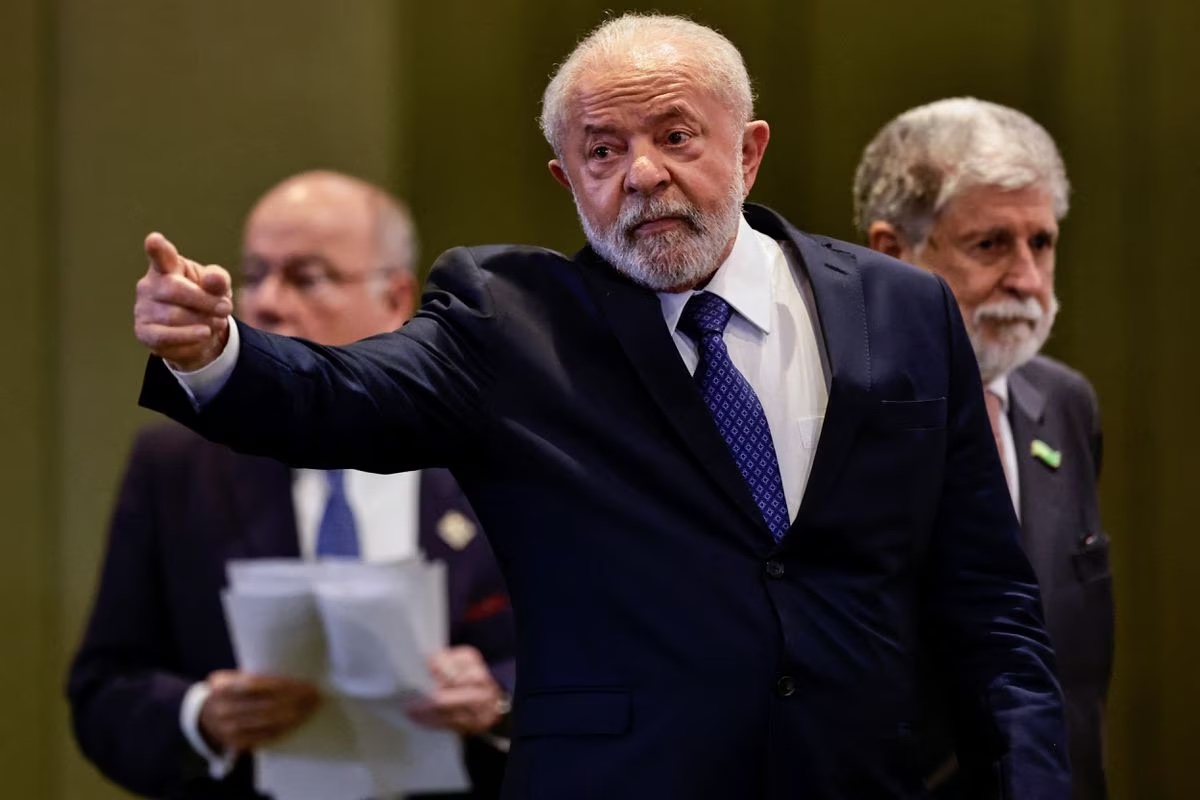BRASILIA, June 5 (Reuters) – Brazil’s government will partially reintroduce a federal diesel tax this year to pay for leftist President Luiz Inacio Lula da Silva’s plan to bring down the cost of vehicles, Finance Minister Fernando Haddad said on Friday.
The plan offers tax credits to manufacturers who lower auto prices. Last year, former President Jair Bolsonaro eliminated the diesel tax until the end of 2023 to combat inflation ahead of the presidential election.
Lula had previously said the tax would remain suspended through the end of 2023, but under his temporary executive order, a partial reinstatement of 0.11 reais ($0.022) per liter out of the total cut of 0.35 reais per liter will take effect in September.
Brazil’s president has the authority to temporarily reintroduce the tax without congressional approval.
According to sources, the government initially aimed for a still higher diesel tax to help boost public accounts.
The diesel tax hike is expected to generate around 1.5 billion reais to pay for the tax credits, Haddad said at a press conference.
An estimated 1 billion reais of the diesel tax proceeds will go to discounts for buses and trucks, while the remainder will be used for passenger cars, the minister added.
The plan would give carmakers tax credits for granting discounts, ranging from 2,000 reais to 8,000 reais for cars depending on energy efficiency, price and domestic content.
Expected discounts for consumers will range from 1.6% to 11.6% of the vehicle cost, Vice President Geraldo Alckmin said at the same press conference.
Separately on Monday, Haddad announced a program to renegotiate consumer debt targeting families earning up to two minimum wages and total debt of up to 5,000 reais ($1,015).
($1 = 4.9270 reais)











